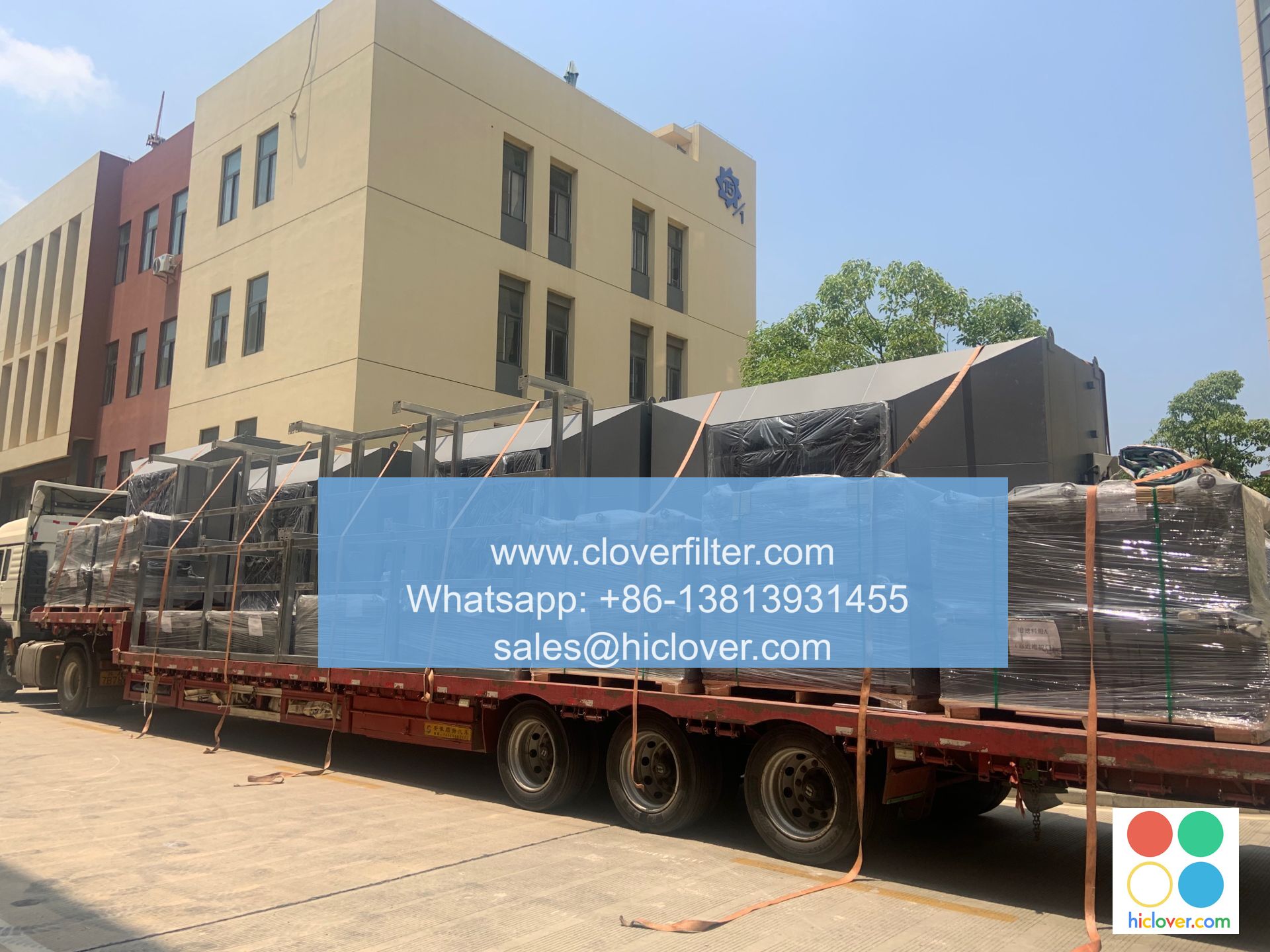The Future of Clean Air: How Self-Renewing Air Filters are Revolutionizing Indoor Air Quality

The Future of Clean Air: How Self-Renewing Air Filters are Revolutionizing Indoor Air Quality
Introduction
As the world grapples with the challenges of climate change, air pollution has emerged as a major concern. The World Health Organization estimates that 9 out of 10 people worldwide breathe polluted air, leading to an estimated 7 million premature deaths annually. The solution lies in improving indoor air quality, and self-renewing air filters are at the forefront of this revolution.
What are Self-Renewing Air Filters?
Self-renewing air filters, also known as smart air filters or self-cleaning air filters, are designed to continuously regenerate and purify the air without the need for manual replacement. These filters use advanced technologies, such as electrostatic charges, ultraviolet (UV) light, or nanofibers, to capture pollutants and contaminants, including particulate matter (PM), nitrogen dioxide (NO2), and volatile organic compounds (VOCs).
Benefits of Self-Renewing Air Filters
The benefits of self-renewing air filters are numerous:
- Improved Air Quality: Self-renewing air filters can capture pollutants and contaminants more effectively than traditional filters, leading to improved indoor air quality and reduced exposure to pollutants.
- Reduced Maintenance: With no need for manual replacement, self-renewing air filters reduce maintenance costs and minimize the risk of filter failures.
- Increased Efficiency: Self-renewing air filters can operate continuously, reducing energy consumption and increasing the overall efficiency of HVAC systems.
- Cost Savings: Self-renewing air filters can reduce the need for frequent filter replacements, leading to cost savings for businesses and individuals.
Application Areas
Self-renewing air filters have a wide range of applications across various industries:
- Commercial Buildings: Self-renewing air filters can be installed in office buildings, shopping centers, and other commercial spaces to improve indoor air quality and reduce energy consumption.
- Residential Homes: Self-renewing air filters can be installed in residential homes to improve indoor air quality and reduce exposure to pollutants.
- Healthcare Facilities: Self-renewing air filters can be used in hospitals, clinics, and other healthcare facilities to reduce the risk of airborne infections and improve patient outcomes.
- Industrial Settings: Self-renewing air filters can be used in industrial settings, such as manufacturing facilities and warehouses, to improve indoor air quality and reduce exposure to pollutants.
- Transportation: Self-renewing air filters can be installed in vehicles, such as buses and trains, to improve indoor air quality and reduce exposure to pollutants.
Conclusion
Self-renewing air filters are revolutionizing indoor air quality by providing a cost-effective, efficient, and effective solution for improving air quality. With their numerous benefits and wide range of applications, self-renewing air filters are poised to play a critical role in improving the health and well-being of individuals worldwide. As the world continues to grapple with the challenges of air pollution, self-renewing air filters are an important step towards creating a cleaner, healthier future.
Keywords: Self-renewing air filters, smart air filters, self-cleaning air filters, indoor air quality, air pollution, HVAC systems, commercial buildings, residential homes, healthcare facilities, industrial settings, transportation.
I’m here to help! What would you like to talk about or ask?

